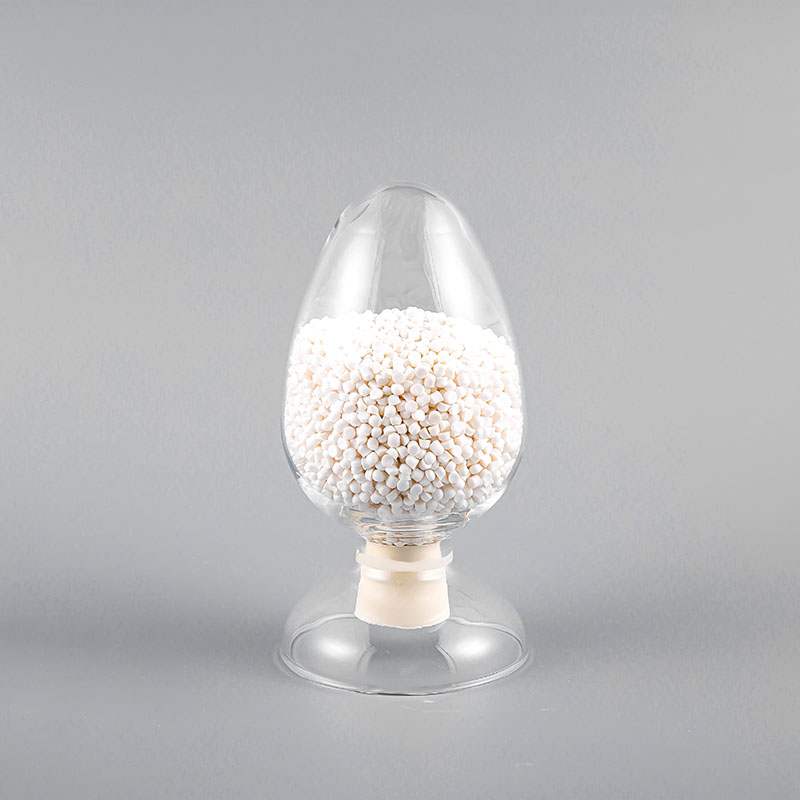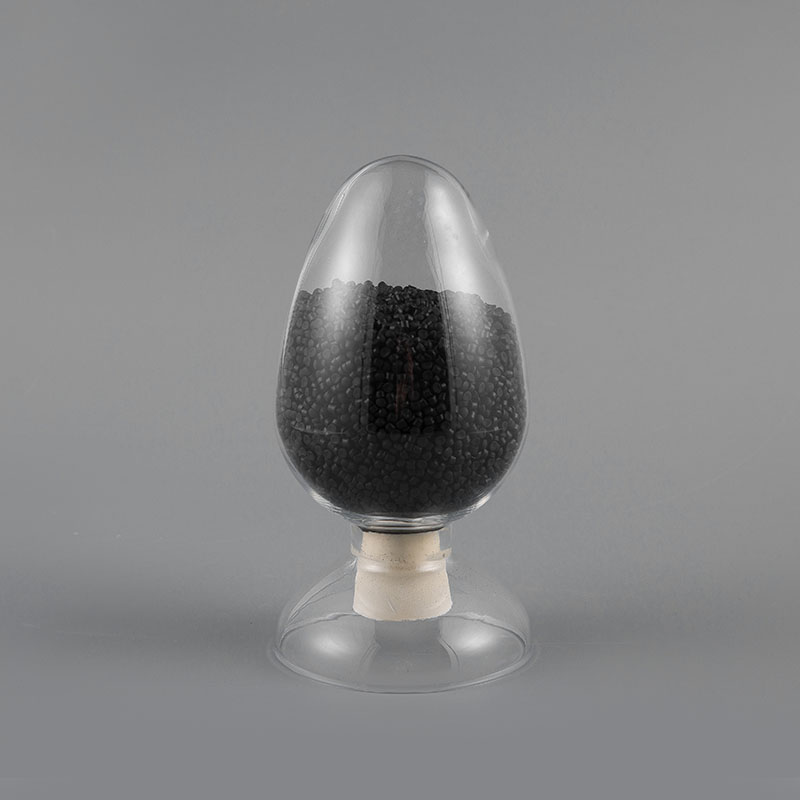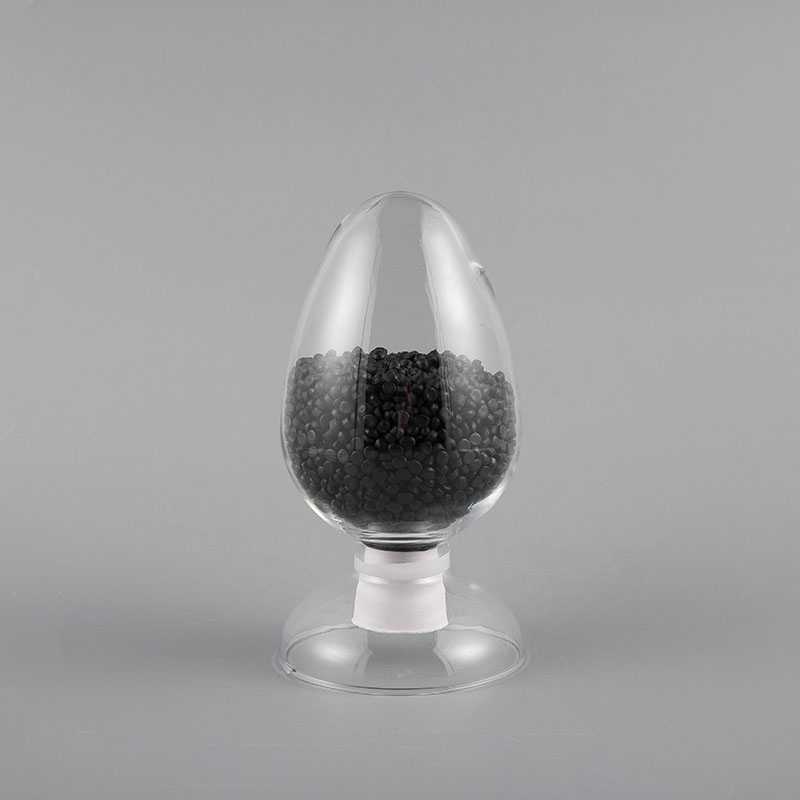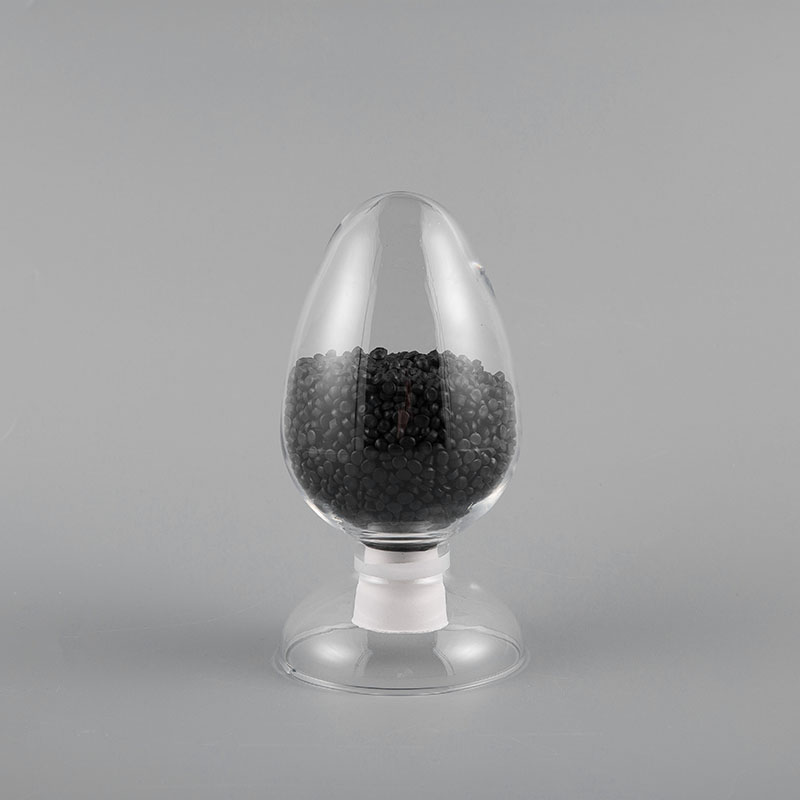PVC (Polyvinyl Chloride) power wire and cable compounds are widely used in the electrical and construction industries due to their excellent insulation properties, flexibility, and cost-effectiveness. These compounds are engineered to meet stringent safety and performance standards, making them ideal for various applications, from household wiring to industrial power distribution.
PVC cable compounds are formulated with additives to enhance flame resistance, thermal stability, and mechanical strength. Their versatility allows manufacturers to customize formulations for specific requirements, such as high-voltage applications or extreme environmental conditions.
1. Flame Retardant PVC Cable Compound for Power Cables
Why Flame Retardancy Matters in Power Cables
Electrical fires are a significant hazard in residential, commercial, and industrial settings. Flame-retardant PVC cable compounds are designed to resist ignition, slow down flame spread, and minimize smoke emission, enhancing safety in case of a short circuit or overheating.
Key Features of Flame-Retardant PVC Cable Compounds
Self-Extinguishing Properties: Halogen-based additives help prevent the spread of flames.
Low Smoke Emission: Reduces toxic fumes in case of fire, improving evacuation safety.
High Thermal Stability: Maintains performance even under high temperatures.
Compliance with Safety Standards: Meets UL, IEC, and RoHS requirements for fire-resistant cables.
Applications
Building wiring (residential & commercial)
Underground and overhead power distribution
Industrial machinery and control cables
2. Custom PVC Cable Compound for High-Voltage Applications
Challenges in High-Voltage Power Transmission
High-voltage power cables require exceptional insulation to prevent electrical breakdown, arcing, and energy loss. Standard PVC compounds may not withstand extreme electrical stress, necessitating specialized formulations.
Properties of Custom High-Voltage PVC Cable Compounds
High Dielectric Strength: Reduces the risk of insulation failure under high voltage.
Enhanced Thermal Conductivity: Dissipates heat efficiently to prevent overheating.
UV and Weather Resistance: Suitable for outdoor and underground installations.
Customizable Additives: Can include stabilizers, plasticizers, and fillers for specific performance needs.
Applications
Power transmission lines (HV & EHV cables)
Renewable energy systems (solar & wind farm cabling)
Railway and transportation electrification


 English
English 中文简体
中文简体 русский
русский







